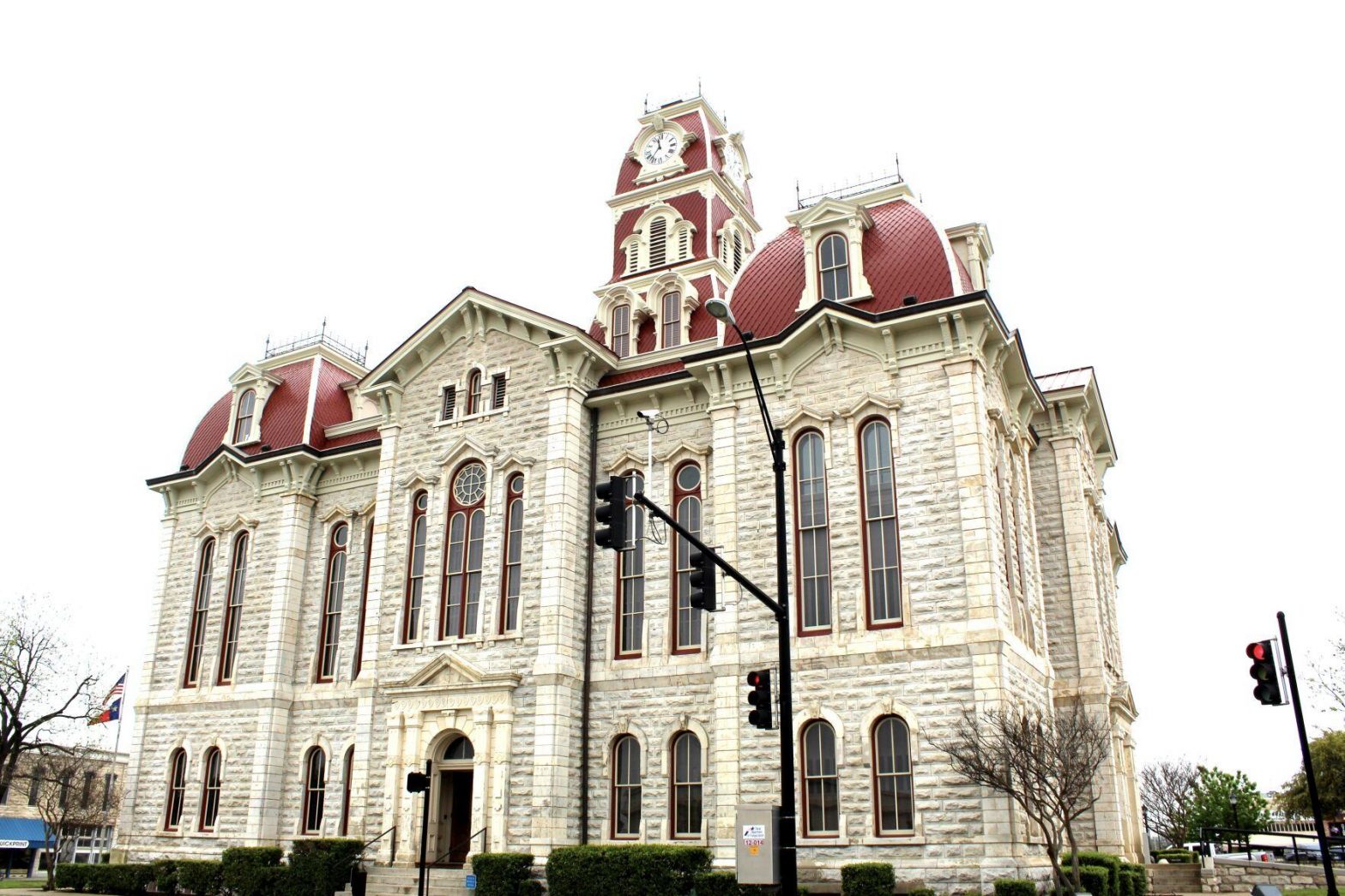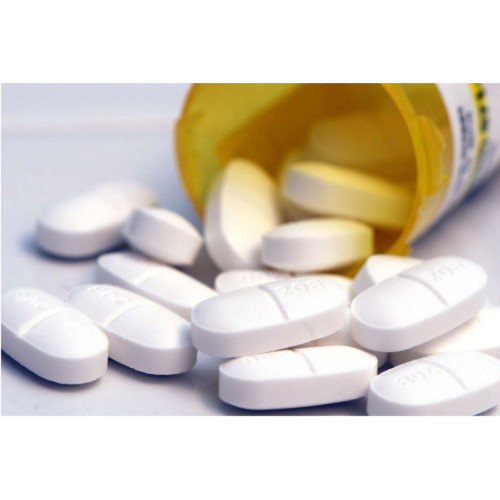WEATHERFORD — Parker County commissioners Monday agreed to join other entities in the state regarding an opioid litigation settlement with Johnson & Johnson.
In July, Attorney General Ken Paxton announced that Texas had joined a $26 billion, multistate opioid settlement with the country’s three major drug distributors — McKesson, Cardinal Health and AmerisourceBergen — as well as drug manufacturer Johnson & Johnson.
The distributors, which are supposed to monitor prescription drug shipments, are accused in hundreds of lawsuits of turning a blind eye while pharmacies across the country ordered millions of pills for people over the last two decades. Johnson & Johnson is accused of downplaying the addictive properties of its opioid products to doctors as well as patients.
Attorney Jeffrey Simon, outside counsel of the law firm Simon Greenstone Panatier, said the opioid pandemic has done countless harm to the nation, state and the county, and thanked the county on the opportunity to be a part of litigation.
“To put a number to it, there are over 70,000 opioid overdose deaths every year in America,” he said. “What we as a community can do about it, what you are doing about it, is holding those companies financially accountable for their role.
“Today is an important first step with respect to one of the manufacturers who engaged in this misconduct … and again, I thank and commend you for the opportunity to visit with you, and allowing me to assist you in this important work.”
From 1999 to 2019, nearly half a million people died from overdoses involving opioids, including prescription drugs and illegal street opioids, according to the Centers for Disease Control and Prevention. Last year, opioid overdose deaths hit a record high of more than 93,000. All four companies participating in the settlement have denied wrongdoing.
Under the agreement, the three distributors would pay up to $1.17 billion to the state and the localities that opt in to the agreement over 18 years. Johnson & Johnson would pay up to $268 million over nine years. The state has been among the leaders in negotiating the deal with the four companies.
Most of that money is targeted for opioid abatement, as the crafters of the agreement try to avoid following in the steps of 1998’s Big Tobacco settlement, in which very little of the funds were spent on smoking prevention and public health efforts.
It was unclear what amount Parker County would receive, and a message left for County Judge Pat Deen Monday afternoon was not returned by press time.
The Texas agreement has approved uses that include treatment and prevention, such as the increased distribution of naloxone or other drugs that reverse opioid overdoses and the programs that will block the overprescription and misuse of opioids.
In addition to the monetary relief, the settlement would bar Johnson & Johnson from manufacturing, selling and promoting opioids for 10 years. The company stopped marketing opioids in the United States in 2015 and stopped producing them last year.
The agreement also would establish a clearinghouse to track and report the distributors’ opioid shipments, an effort to detect suspicious orders.
To enter into the settlement, a locality — even one that hasn’t filed a lawsuit — would have to surrender its ability to sue the four companies. Currently, more than 128 Texas political subdivisions are pursuing court cases against them. It would not bar them from litigating against other pharmaceutical manufacturers, distributors or retailers.
North Texas cities like Plano and Allen are among those that have opted in, as well as Dallas and Collin counties.
Commissioners Monday also moved forward with reinstating membership with the Tarrant Regional Transportation Coalition after a three-year hiatus.
Victor Vandergriff, executive director of the TRTC, said the coalition’s goal is to influence and push transportation plans forward that “make sense for the future.”












